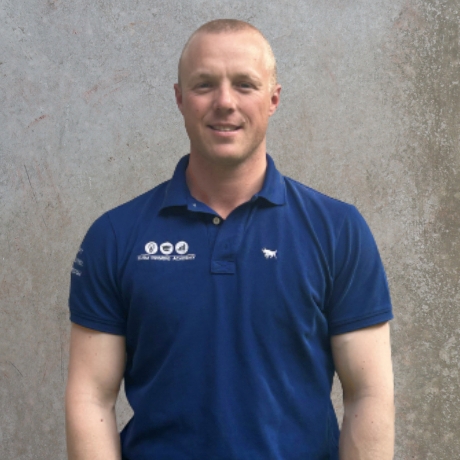The ‘Important Not Urgent’ quadrant is a concept introduced by Stephen Covey in his book The 7 Habits of Highly Effective People. In this book, Covey suggests that people should prioritise their tasks based on their level of importance and urgency and divide them into four quadrants:

The ‘Important Not Urgent’ quadrant is particularly important because it represents tasks that are critical to achieving long-term goals, but do not have an immediate deadline.
Examples of tasks in this quadrant include things like strategic planning, professional development, building relationships, analysing your numbers, creating systems, hiring people and training them.
These tasks may not be immediately pressing, but they are crucial for achieving success in the long run.
One of the key benefits of working in this quadrant is that it helps you focus on your goals and priorities. By dedicating time to important but not urgent tasks, you can ensure that you are making progress towards your long-term objectives. This can also help you to be more proactive in addressing potential issues before they become critical.
Additionally, working in the important not urgent quadrant can help you to develop new skills and knowledge, which can be beneficial for your professional growth and career advancement.
For example, coming to our TOP Producers event is in this zone. If you want to grow individually and as a business & gain new skills, it is important for you to make the time to attend events such as this, but it’s so easy to say ‘no’ to attending because you will feel like there are a million other things that need to be done with your time instead.
Plus – you may also feel guilty because you are not ‘in demand’ and many people get addicted to working in the ‘Urgent and Important’ quadrant.
But, by focusing on your time on your personal and professional development, you can improve your capabilities and become even more valuable.
To work effectively in the ‘Important Not Urgent’ quadrant, it is essential to set clear goals, make a schedule and stick to it, and make use of effective time management techniques. It’s also critical to be aware of the things that distract you and find ways to eliminate or minimise them.
Finally, it is important to be mindful of the balance, and not to neglect other quadrants in order to achieve success both in the short term and long term.
Robbo



























